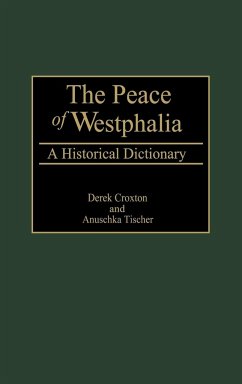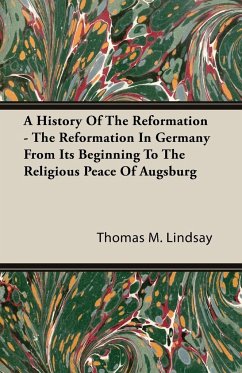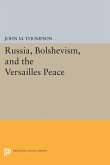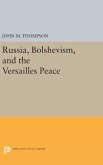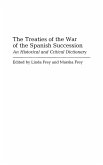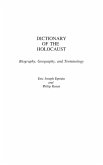A pivotal event in early modern history, the Congress of Westphalia gave birth to our contemporary international political system. While bringing peace to Germany after the Thirty Years' War, it created a new order in Europe and resolved longer lasting problems, including religious divisions and the relationship between emperor and estates. It was one of the longest and most complex, peace conferences in history. This book provides an essential reference for anyone wishing to sort out the complicated negotiations. The significance of the European order established in 1648 extends far beyond the paragraphs of the treaty. The Congress alone--the first of its kind--became a standard for future diplomacy and negotiation. Even today, historians are finding new aspects of this extraordinarily complex Congress and Peace. With over 300 detailed entries, covering a wide variety of topics from the relevant people, places, and influential battles to critical concepts and technical terms, the book will be useful both to scholars and to students interested in the Peace of Westphalia, the Holy Roman Empire, or the events of the 1640s.
Hinweis: Dieser Artikel kann nur an eine deutsche Lieferadresse ausgeliefert werden.
Hinweis: Dieser Artikel kann nur an eine deutsche Lieferadresse ausgeliefert werden.

